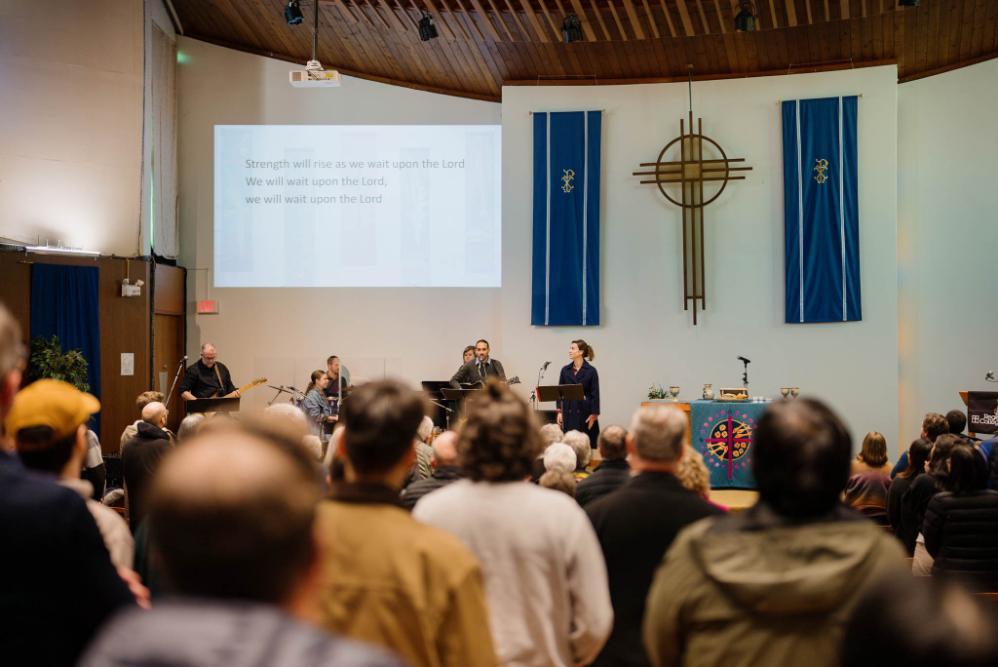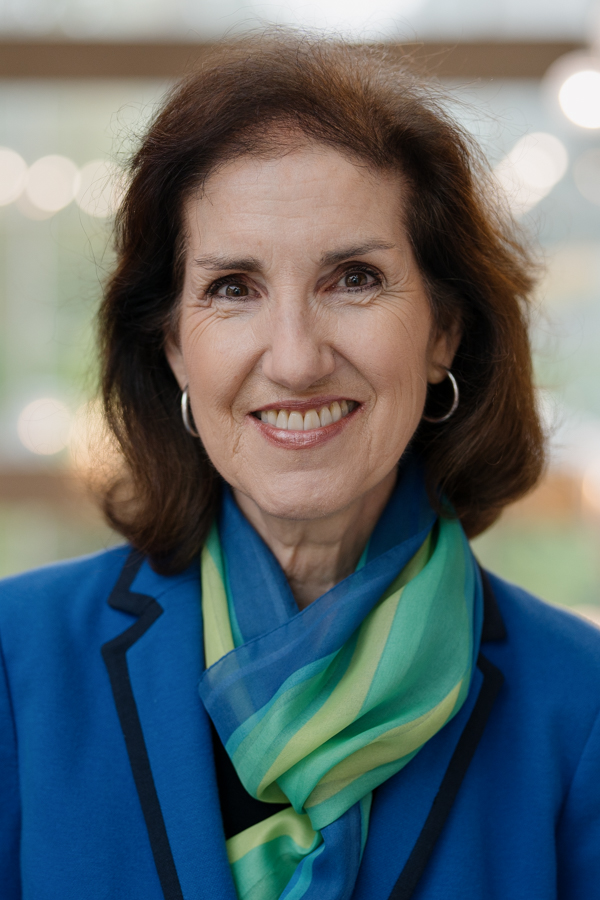As a community of theological students, scholars, and staff, we often point to the importance of robust theology for the whole people of God—which necessarily includes the local church. Yet, within an institutional context, much of this theological formation is restricted to the classroom—with students receiving the fruit of carefully pruned and tended biblical and theological knowledge, rooted in years of scholarship. Extending the metaphor, while fruit may be beneficial to its recipients for a season, learning that is not situated in context often fails to take root in one’s life circumstances, limiting the possibility of continuation through another season. ". . . learning that is not situated in context often fails to take root in one’s life circumstances, limiting the possibility of continuation through another season."In other words, we may very well be acquiring answers without fully understanding the questions—questions that arise from the everyday life of God’s people. How do we understand theology for life if it is not rooted in the life of the Christian community? And that’s where the church comes in!
J.I. Packer reminds us that the local church is called to be a community of learners. “As trainers impress upon athletes that they must never stop training, so Jesus and his apostles make it clear that the church must never stop learning, for only so will it move generation by generation into true maturity in Christ”. 1 While united together by a common faith, God’s people represent a wide range of ethnicities, ages, socio-economic backgrounds, Christian experience, professions, vocations, spiritual gifts, motivations, longings, hopes, and skills. This dynamic offers a rich context for exploring God’s truth within faith communities.
A relational understanding of faith reminds us that theology is not only conceptual, but incarnational. 2 The Word became flesh and dwelt among us. 3 As such, the questions, wonderings, challenges, and insights arising from such a diverse group of people as to how their faith interacts with life circumstances makes for fertile soil in which to plant theological truth. Further, this grounding of theology within the lives of local believers includes not only the church gathered as a worshipping community, but also the church scattered—Christ-followers who are living out their callings in and through the marketplace. Learning for life!
". . . reflecting about theology is always rooted in doing theology in the context of real-life experience."And thus, just as the whole people of God need a whole-life faith—one that is shaped by Scriptural teaching and preaching, so too, the work of theology requires, as Stephen Pardue (PhD, Wheaton College) explains, “the faithful expression of Christian teaching in light of the history and ongoing needs of the church”. 4 But what are the implications for theological formation? What are the core features of this approach?
First, this approach is contextual. In other words, reflecting about theology is always rooted in doing theology in the context of real-life experience. Whether it’s our theological understanding of homelessness, climate change, residential schools, economic challenge and opportunity, racial discrimination, or MAiD—these issues come to the forefront when they impact the everyday lives of women and men, boys and girls, who sit in our pews and worship together on Sunday morning. But for those of us in theological institutions, the depth of our understanding of these issues is contingent on our connection with local believers. As Pardue puts it, “evangelical contextual theologies should look to the Christian doctrine of the church in order to coordinate the once-for-all of the gospel and the remarkably diverse expressions of the faith that emerge in the real world.” 5
Second, this approach is praxiological—a dialectic of reflective practice or practical reflection. In other words, theology needs the church to ensure that our reflection does not become an abstraction. ". . . theology needs the church to ensure that our reflection does not become an abstraction." Questions such as “why does this matter?” and “what difference will it make?” and “how does this truth inform not only our thinking, but our attitudes and behaviour?” invite implications for both work and worship. Moreover, the response to these questions may suggest new issues and concerns that lead us to further biblical and theological study. For ultimately, theology is not only learning about God but learning to know God personally in a way that infuses every aspect of our being—shaping our identity, our actions, our thoughts, and our relationships.
Finally, this approach is dialogical—both literally and figuratively. As human beings who image their Trinitarian Creator, we were made for relationship. And often we learn best in community with others. And thus, our work in theology is enhanced in conversation with the local church.
For over six years, Regent Exchange afforded Regent College the opportunity to learn with, from, and for our core constituency, the “whole people of God,” as reflected by the emphasis on local churches in the Cascadia region. And while the initiative has ended, nevertheless, its grounding ethos is what Regent aspires to be about: a deeply formed faith for the whole people of God. Moreover, just as Regent Exchange envisioned congregations as learning communities who together are discerning God’s call in light of their particular social, cultural, and geographic context, so too, Regent College can be a learning community that seeks to understand the questions the church is asking today—inviting a mutual exchange of “theology for life.”

